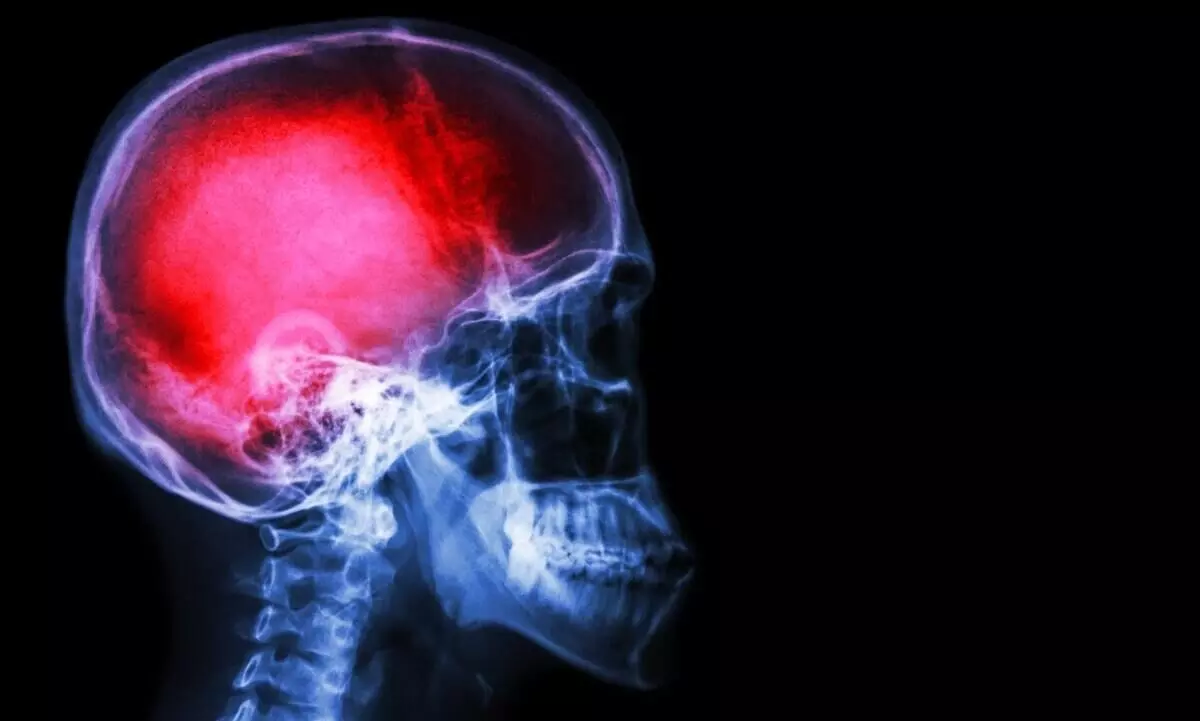
Possible link found between blast exposure and Alzheimer's
text_fieldsResearch shows that soldiers exposed to shockwaves from military explosives are more likely to develop Alzheimer's disease even if they didn't receive a traumatic brain injury from the blast. The research was published in Brain Pathology, the medical journal of the International Society of Neuropathology.
The study suggested that the blast-induced neurological complications may be rooted in distinct alterations to the tiny connections between neurons in the hippocampus, which is the part of the brain particularly involved in memory encoding and social behaviour.
"This finding may explain those many blast-exposed individuals returning from war zones with no detectable brain injury, but who still suffer from persistent neurological symptoms, including depression, headaches, irritability and memory problems," said Dr Gen Bahr, professor of molecular biology and biochemistry at UNC-Pembroke.
The researchers experimented with pieces of rat hippocampus by exposing it to controlled military blast waves. The results showed that the rapid blast waves produced by the military explosives led to selective reductions in components of brain connections needed for memory. The distinct electrical activity from those neuronal connections was also found to be sharply diminished.
According to the researchers, the experiment proved an increased risk of Alzheimer's in the people who were exposed to blasts because the changes observed in the experiment were Alzheimer's-type effects in the brain without the recognizable brain damage that is present with TBI (traumatic brain injury).
Dr Frederick Gregory, program manager, ARO said, "Blasts can lead to debilitating neurological and psychological damage, but the underlying injury mechanisms are not well understood."
"Understanding the molecular pathophysiology of blast-induced brain injury and potential impacts on long-term brain health is extremely important to understand in order to protect the lifelong health and well-being of our service members," he added.
Early detection of the deterioration of the neuronal activity can help diagnosis and treatment, which could reduce the risk of dementia and Alzheimers.






















